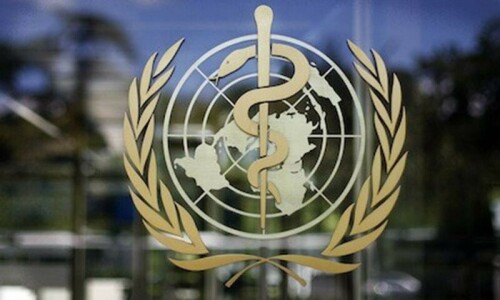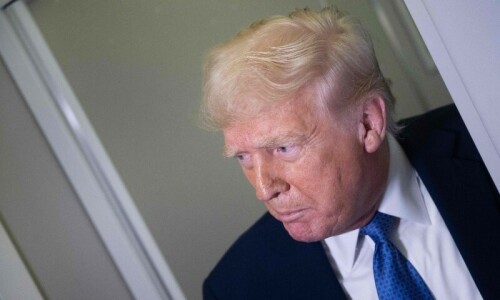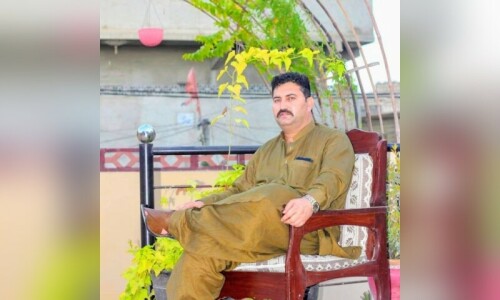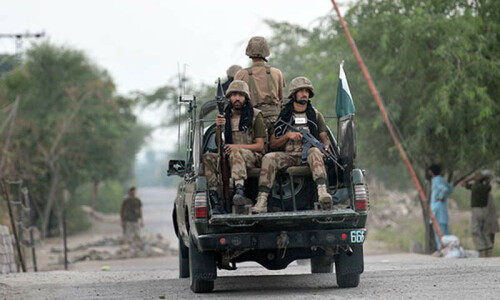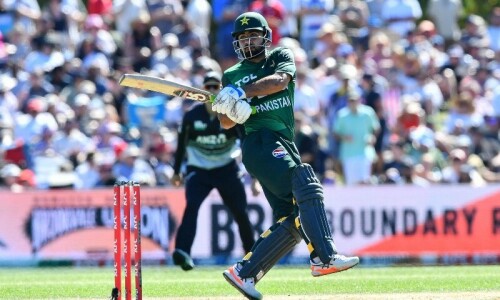Exactly 70 years ago, on August 6, 1945, at 08:15, a United States Air Force B-29 Superfortress bomber, Enola Gay, dropped a 16 kiloton atomic bomb nicknamed “Little Boy” on the city of Hiroshima in Japan.
Unlike most bombing campaigns, Little Boy was not targeting any sensitive industrial or military infrastructure. Instead, it was dropped near the geographical centre of the city with the deliberate aim to maximise Japanese civilian casualties.
See: Japan marks 70th anniversary of Tokyo bombing
In that it was successful; at least 70,000 perished almost instantaneously, being obliterated by the detonation or burning to death in the fires that raged afterwards, while thousands more perished in the weeks after the bomb due to the lingering effects of radiation poisoning.
By the end of 1945, the death toll had risen to about 140,000 and Hiroshima, and later Nagasaki, once-modestly sized towns, were reduced to rubble and destined to be haunted by irregular levels of radiation for decades to come.
Yet, 70 years later, there is still no apology from the United States for this horrific, indiscriminate attack on civilian life.
The United States President at the time, Harry S. Truman, preferred to label the bomb as a “marvel” and an “achievement of scientific brains” and considered the bombing as nothing more than a repayment of debt for the Japanese attack on a military facility at Pearl Harbor.
Another more recent US President, George H.W. Bush, stated quite bluntly in 1991, “No apology is required, and it will not be asked of this President, I can guarantee you.”
Even the supposedly revolutionary President, Barack Obama, has yet to give a formal apology for the bombings.
Also see: Deadly WWII firebombings of Japanese cities largely ignored
Instead, a brief glance at the politics surrounding the Iran nuclear deal today, seven decades after the atomic decimation of Hiroshima and Nagasaki, reveals a case of bitter irony – a situation where the United States, the only country in the world to have ever used an atomic bomb on a civilian population, is trying to bully Iran into not developing nuclear weapons, the rationale being that Iran could potentially use such a bomb on civilians.
The irony in this scenario would be a bit humorous if it were not so wrapped up in a power structure in the world today, where possession of nuclear weapons is a privilege allowed only to a select few countries which benefit from the prestige and defence offered by them.
These countries are the bullies of international security, the self-appointed protectors of the world by virtue of their capability to cause immense harm to others, and the US, with its supremely sophisticated nuclear arsenal, is the undisputed leader and bully-in-chief of this group of countries.
Take a look: Japan’s Atomic Bomb Survivors Speak Out
And so, as the world marks the 70th anniversary of the bombing of Hiroshima, the US juggernaut rolls on; the country that invented, used and advanced the threat of nuclear weapons is still somehow being allowed to dictate the moral guidelines on the possession and use of nuclear energy by other lesser, supposedly “evil” nations.
Maybe the irony is worth a chuckle after all.




